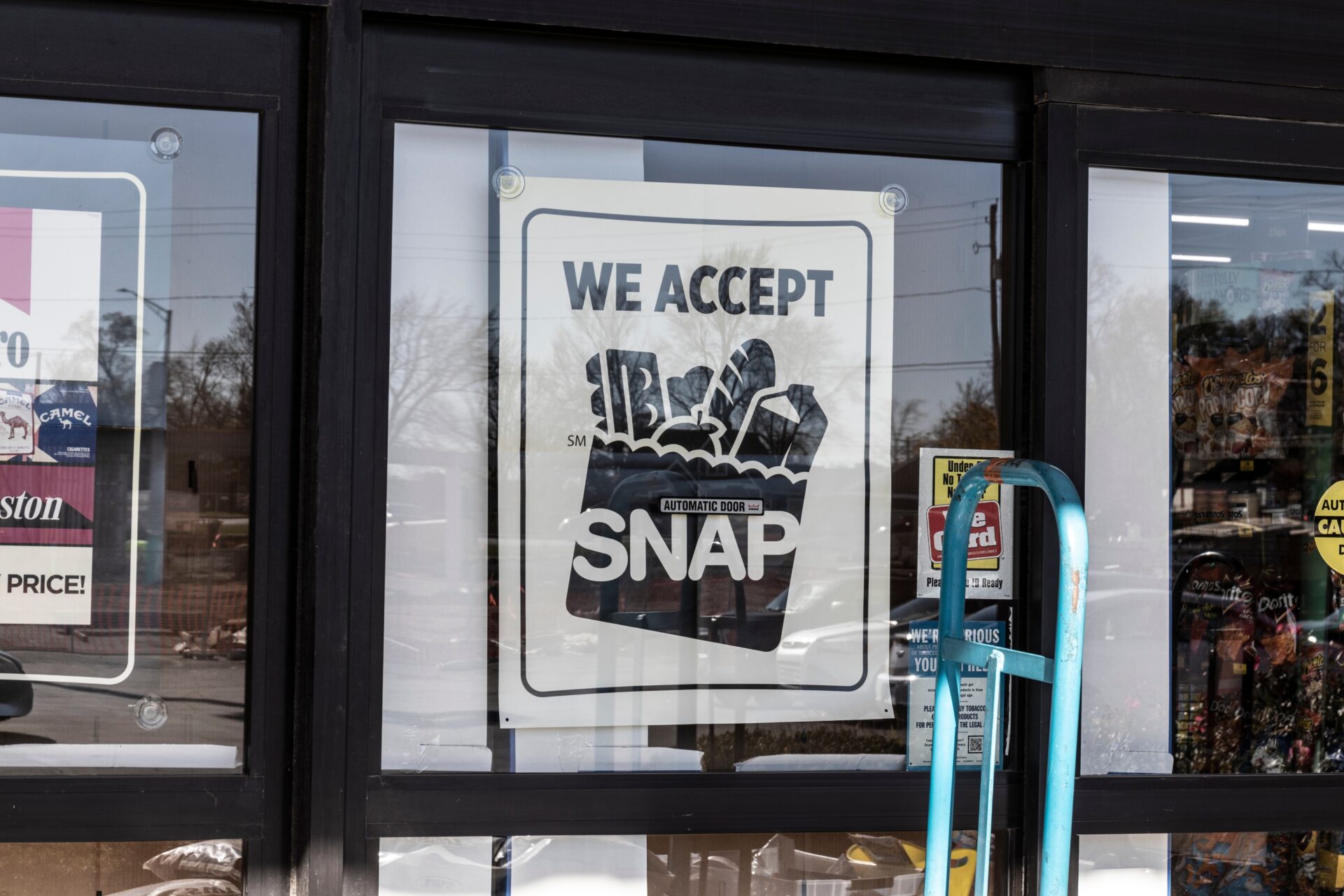
Federal Judge Issues Temporary Injunction Against Biden’s $8 Credit Card Late Fee Cap
A federal judge in Texas temporarily halted the Biden administration’s plan to lower credit card late fees to $8 which was set to go into effect this week. Judge Mark Pittman a Trump appointee to the Northern District of Texas Federal Court issued a temporary injunction or pause on the administration’s plan in a move that benefits credit card companies and banks.
The preliminary injunction is a win for banking and credit card companies: https://t.co/lOFOMIibsP
— Morning Brew ☕️ (@MorningBrew) May 12, 2024
The Consumer Financial Protection Bureau regulations would have limited late fees to $8 or required banks to justify why late fees needed to be more than $8. While the average credit card late fee is $32 the bureau estimates that late fees allow banks to generate about $14 billion annually.
“We are disappointed that a court sided with House Republicans big banks and special interests to hit pause on a critical measure to save American families billions in junk fees” White House spokesperson Jeremy Edwards said Friday.
A judge stayed the Consumer Financial Protection Bureau's $8 credit card late fee standard, granting a preliminary injunction sought by the U.S. Chamber of Commerce and other industry groups that are challenging the legality of the agency rule. https://t.co/c5LWwmQdu0 pic.twitter.com/scoO2jcdcC
— Law360 (@Law360) May 13, 2024
Banks sued to stop the order earlier this year but faced challenges when Pittman ordered the case to Washington D.C. due to the fact that few banks are located in northern Texas. Most of his decision was reversed by an appeals court and Pittman was ordered to rule on the injunction request which he granted.
Critics of the lawsuit say the case is an example of “forum shopping” where parties choose to file lawsuits in districts with courts that are more likely to issue a favorable ruling. The temporary injunction is a victory for credit card companies and banks but a setback for the Biden administration’s efforts to reduce consumer fees.
The case underscores the ongoing battle between the administration and the financial industry over consumer protections and regulations. As the legal proceedings continue the fate of the late fee cap and its potential impact on both consumers and banks remains uncertain. The temporary injunction may provide relief for credit card companies in the short term but the long-term implications of the proposed regulations will likely be determined through further court decisions and potential appeals


